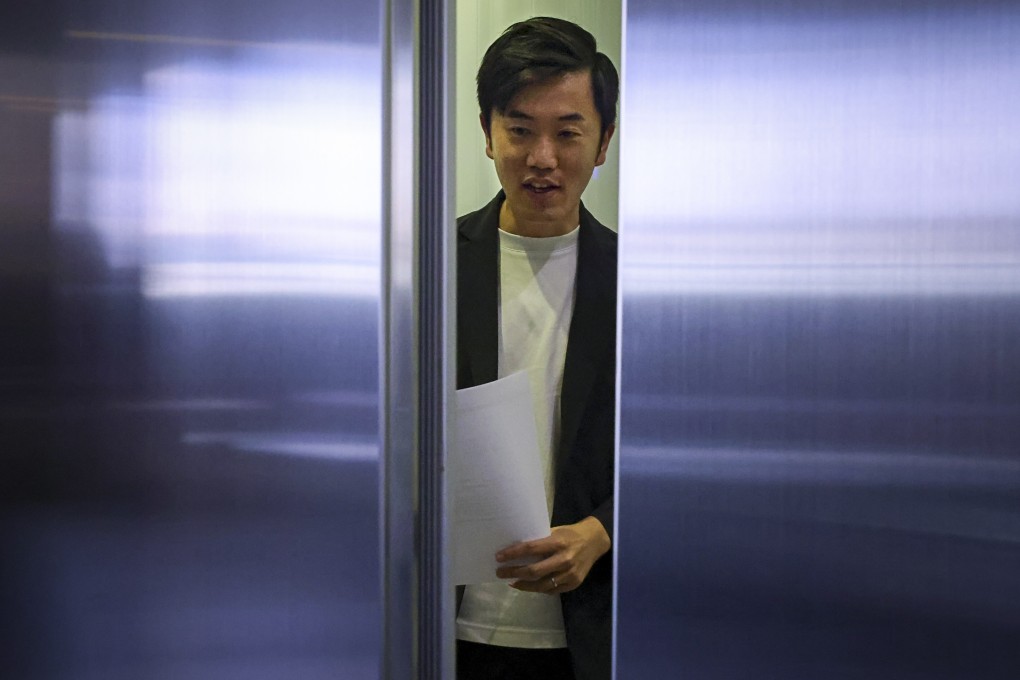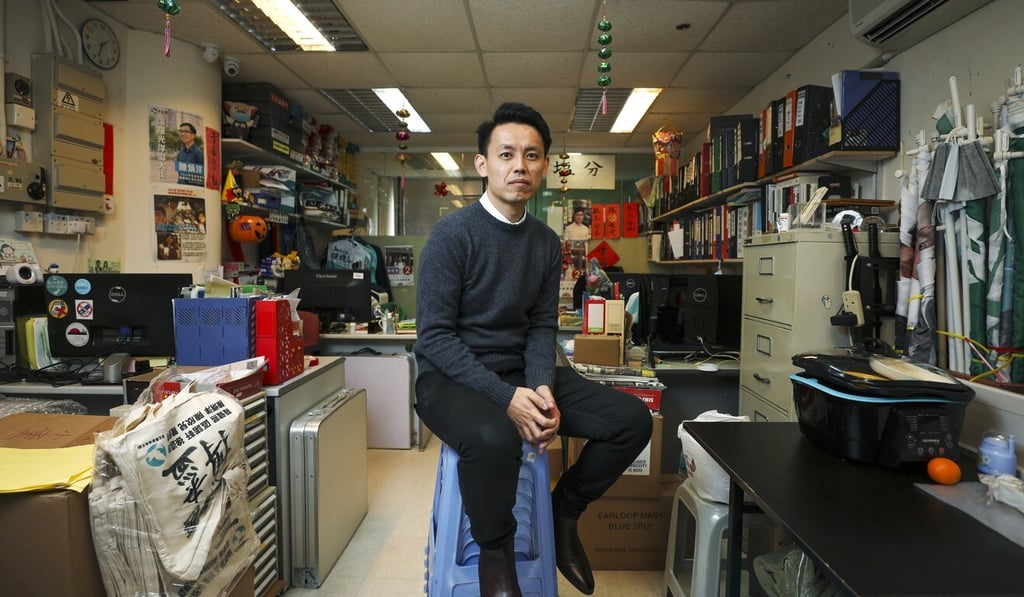Why Hong Kong’s Democratic Party is not worried about its future despite unseating of sole opposition lawmaker
- The surprise disqualification of Civic Passion member Cheng Chung-tai came after authorities called on the opposition to take part in December elections
- The move is unlikely to spell trouble for the Democrats as Beijing might rely on them to add legitimacy to the political process, one insider says

The Democratic Party remains tight-lipped over whether it will contest coming legislative elections in Hong Kong but has dismissed concerns that the recent disqualification of the sole remaining opposition lawmaker heralds a fresh crackdown.
Beijing might instead prefer the Democrats seek seats in the December polls as the party carried a symbolic value and would help ensure the political process remained legitimate, one insider said.
But their pro-establishment rivals defended the government’s move, labelling Cheng an exception and argued officials remained committed to keeping Legco diverse.

“The Candidate Eligibility Review Committee will not allow anyone who pretends to uphold the Basic Law or pretends to bear allegiance to the city to enter the system,” Lee said.